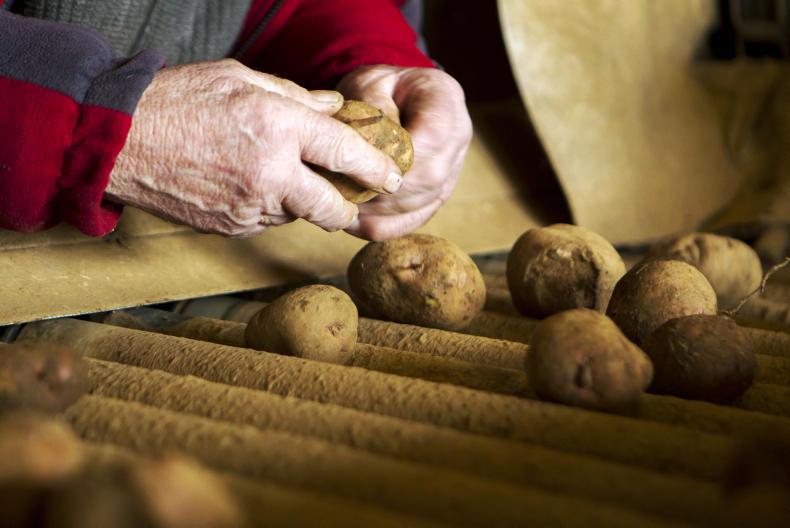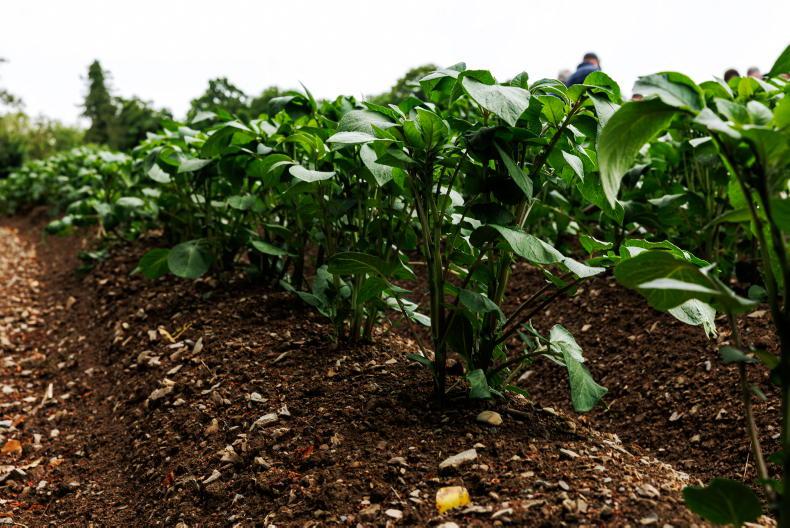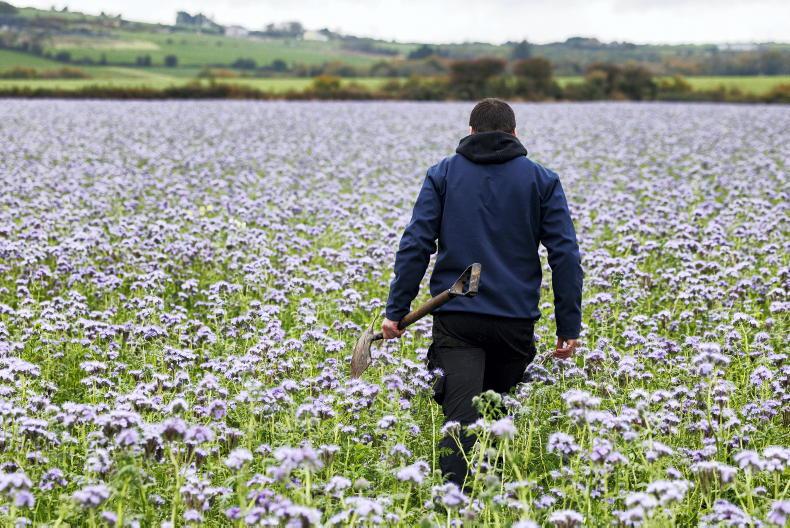The EU has banned the use of the potato spray Diquat.
Merchants can sell the product up to 4 May 2019, with all sprays to be used by 4 February 2020.
As well as helping to stop potato bulking to optimise the yield of a marketable crop at the right specification, Diquat is also important for skin-set and stolon separation, reducing late blight infection and virus spread, weed control and ease of harvest.
Diquat has for many growers formed the mainstay active in potato desiccation for decades. Once tuber size and dry matters are adequate, typical burn-down strategies consist of either one application when the crop is senescing or a split-dose application to initially open the canopy followed by main application seven to 10 days later.
Potato growers have expressed concern that the alternatives to diquat will not prove as effective.
Timeline
The approval for the active substance diquat was due to expire on 30 June 2019. The European Food Safety Authority published a report in November 2015 that concluded there were high risks to workers, bystanders and residents from the use of diquat, but added that the Commission might need to reassess the non-dietary exposure to it. In February 2018 the EFSA further concluded that it had a high risk under all scenarios to humans and birds.
The Commission proposed that concerns around diquat could only be managed by withdrawing the approval of diquat and other substances.
On 12 July 2018 Member States voted on the draft measures proposed by the Commission in the Appeal Committee. The Committee failed to deliver an opinion on the proposal.
Based on the assessment the Commission had at its disposal it adopted the non-renewal.
Member States must now take action to withdraw or restrict authorisations of plant protection products containing diquat, pymetrozine and thiram and restriction decisions malathion.









SHARING OPTIONS